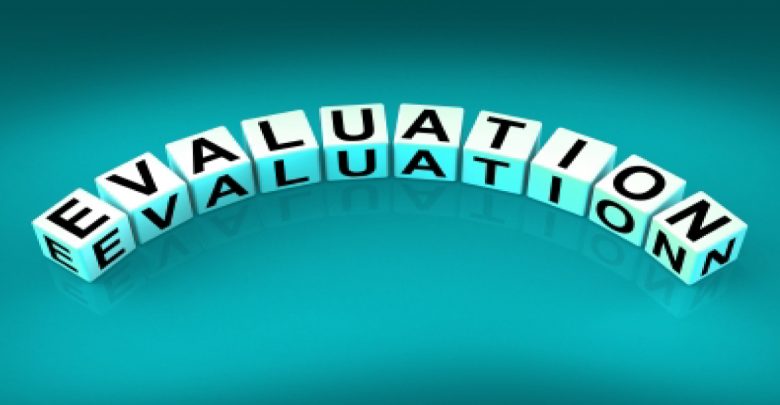change
-
If we don’t put the information that we have collected in the right perspective, we could lose the real dimension of the project, issue or problem. The context is the basis for reading the findings and allow the development of an opinion, ideas or future strategies. The context is one of the fundamental items that are allowing a researcher to…
Read More » -
Introduction Every team is like a small community. They bring their values and beliefs inside the team, as well as, their fears and expectations, their goals and aspirations, their personalities and their working styles. After some time the team starts creating their own ways of doing things and their unique organizational culture. They set and shape new values, principles, working…
Read More » -
Why did I choose this tool? The article referenced in this tool is one that jumped out at me at exactly the right time, a time of transition, reevaluation, and letting go of some things that I had held dear and thought were a part of me for a very long time. It inspired me to know that not only…
Read More » -
Introduction: Information and communication technologies (hereinafter ICT) and specifically E-learning are essential nowadays for several reasons, of political, sociological and economic order, and have marked a crossroads in the current learning and communication paradigms. E-learning is also part of this tendency. Content: ICT tools? What do we mean? According to UNESCO (2002), information and communication technology (ICT) may be regarded…
Read More » -
Introduction: Trainers should be ready to changes, should be open to unexpected elements when he/she works, but what does it mean? In this article, we are going to explore the Change readiness concept. Content: Readiness” is a highly subjective term—subjective in scope, subjective in degree, and subjective in the eye of the beholder. What and who needs to be ready?…
Read More » -
Introduction: In this section, we will introduce other types of evaluation, this time categorized according to their actors (personal, interpersonal, group), to their functionality (formative, summative) and their nature (quantitative, qualitative). In this way, would be possible for the trainer planning in advance with kind of evaluation would like to implement and also which outcomes would be foreseen. Sometimes evaluation…
Read More » -
Introduction: In every walk of life, the process of evaluation takes place in one or the other form. It is only through evaluation that one can learn. The whole cycle of social development revolves around the evaluation process. Content: Evaluation plays an enormous role in the learning process. It helps trainers and learners to improve training and learning. Evaluation is…
Read More » -
Introduction: One of the key factors in training is to be able to transfer knowledge and values in a learning process that has a kind of impact on the group of trainees. Doing training without thinking about the impact that this can have on the group of participants and how it is the best way to transfer the knowledge in…
Read More » -
Introduction: ICT Tools and e-learning techniques are very useful tools for supporting the development of learning, improving accessibility of the wider public, reduce the limitation of mobility and provide quality training overcoming distances and reducing costs. ICT Tool and e-learning techniques are much more than functionals and they can upscale the learning possibilities, sharing information, creative approaches and innovation in…
Read More » -
Introduction: The goal for all data collection is to capture quality evidence that allows analysis to lead to the formulation of convincing and credible answers to the questions that have been posted. The trainer should be able to see the data as a basis of his/her work where he/she can find the reason for an activity, define the objectives and…
Read More »









